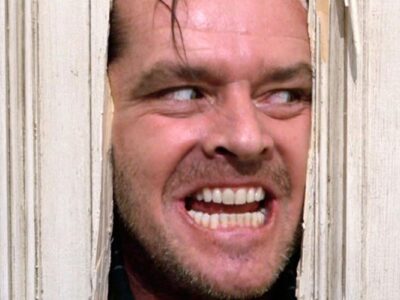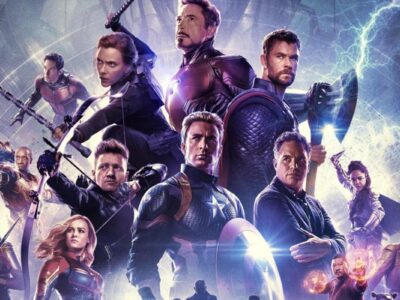Avengers Endgame : One of the Best references to the Comics of all the MCU
Avengers Endgame , the 22nd film of the Marvel Cinematic Universe and the one that brings the whole Saga of Infinity to an end around the threat of Thanos, did not really need to pay too much attention to the Marvel comics, beyond a closeness with the Infinity Gauntlet series, which was already dragged from Avengers: Infinity War.
The MCU itself is already vast and fertile enough to establish a story that, appropriately for this farewell and new beginning, turns its gaze towards itself, and not so much on the comics that originated all these heroes and inspired all of them these stories in the first place.
But in one of its memorable and particularly subtle moments, Avengers: Endgame manages to condense, at the same time, a journey through the past of the MCU and everything that came before, a very pointed and somewhat misleading nod to a previous film, and a spectacular reference to the most controversial moment of Marvel comics in recent times.
Avengers Spoilers: Endgame.
The Hail Hydra moment
As it had been presaged by many fans and by early theories about Avengers: Endgame , the main mission of the surviving Avengers was to travel back in time to collect the Gems of Infinity and prevent Thanos from using them for his murderous mission.
The sequence acquires a tone of “theft movie” Ocean’s Eleven style , but located within the events of other films of the MCU, including The Avengers and the Battle of New York , which gives them the strategic advantage of gathering in the same city three of the Gems.
The Gem of the Mind, contained in the Loki scepter , is collected by agents of SHIELD , who knows the Steve Rogers of the future after the events of Captain America: Winter Soldier , are agents infiltrated in the service of Hydra , the Marvel Nazis .
On his return to these events, Steve Rogers enters the elevator in which Hidra’s undercover agents, including Jasper Sitwell (Maximiliano Hernandez) and STRIKE members Brock Rumlow (Frank Grillo) and Jack Rollins (Callan Mulvey), move the briefcase with the scepter.
The scene is filmed so that, for a moment, it seems that the iconic fight in the elevator that we saw in Winter Soldier ( one of Chris Evans’ favorite scenes ) is going to repeat itself . But it’s a bluff.
Steve Rogers, on the other hand, acts diplomatically: he asks Sitwell’s briefcase and whispers “Hail Hydra” in his ear . Confident that the Captain is infiltrated and loyal to Hydra like them, Sitwell gives up the briefcase.
The reference refers to the famous and controversial “Hail Hydra moment” of the comics, which took place in the first issue of the Captain America series : Steve Rogers (2016) and caused an earthquake in the Marvel comics and its fans.
The turn in which a heroic character becomes a villain is nothing new, but in that series, the screenwriter Nick Spencer (since then turned into a more despicable villain than Red Skull for fans of the cap) expands the limits of this trope narrative and takes it much further.
The series reveals later that history has been rewritten thanks to the Cosmic Cube and that in that new reality Captain America was always an infiltrated agent of Hydra. It is an alternative but shocking reality: Captain America has not been hypnotized or brainwashed, but is really loyal to Hydra and always has been, and justifies and rationalizes his perverse actions.
Now, the canon of the Marvel Cinematic Universe also contains its own “Hail Hydra” moment in the mouth of Captain America, but, less willing to provoke or subvert, its screenwriters resignified it completely, and created a scene that sparked applause, ovations, genuine surprise and satisfaction.






